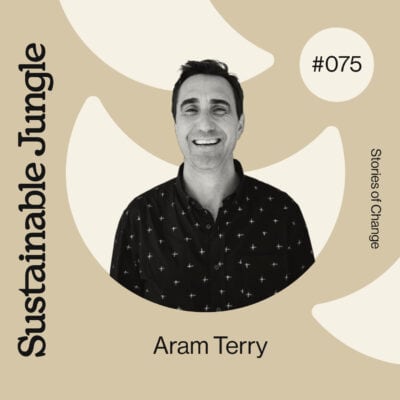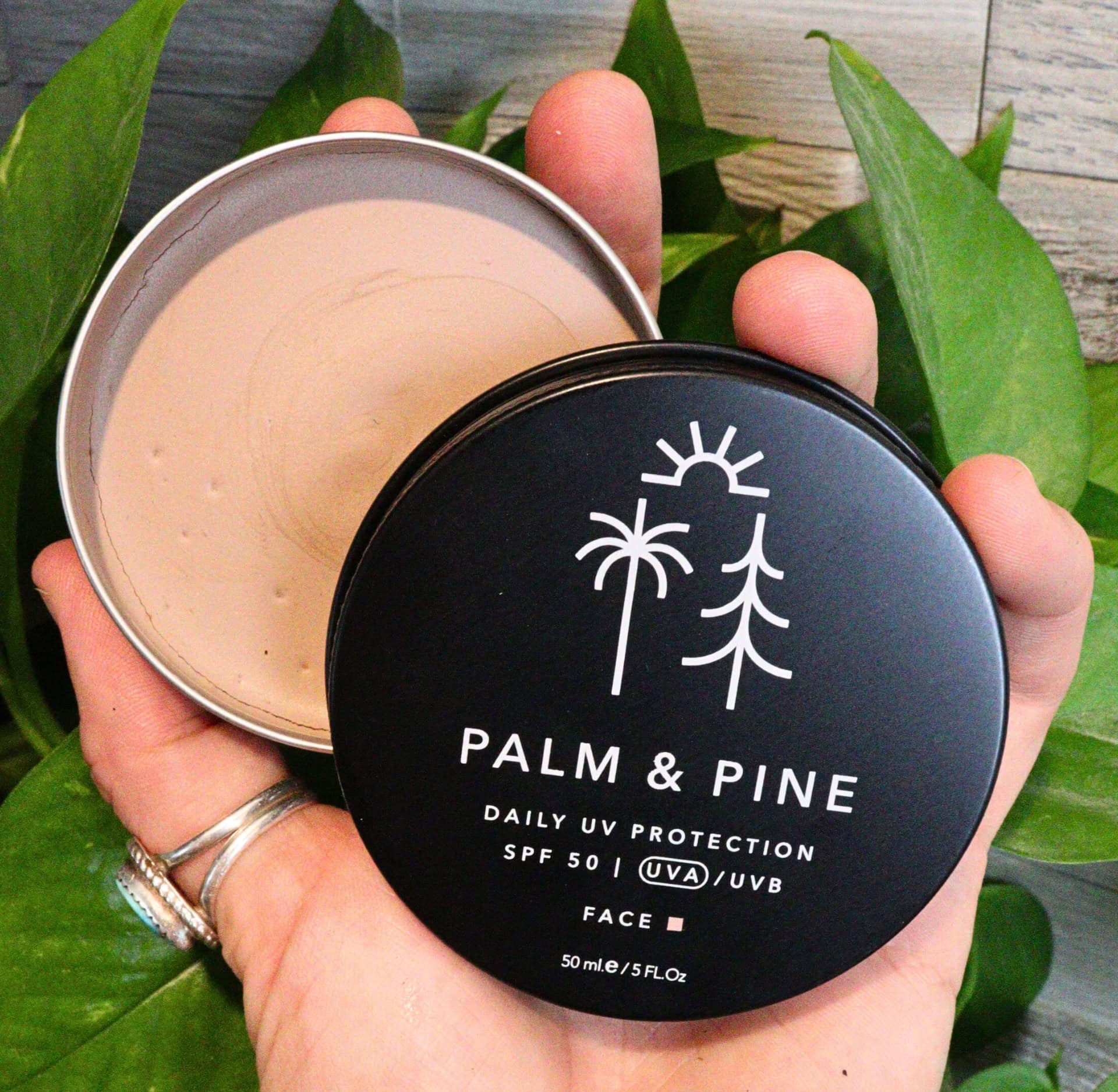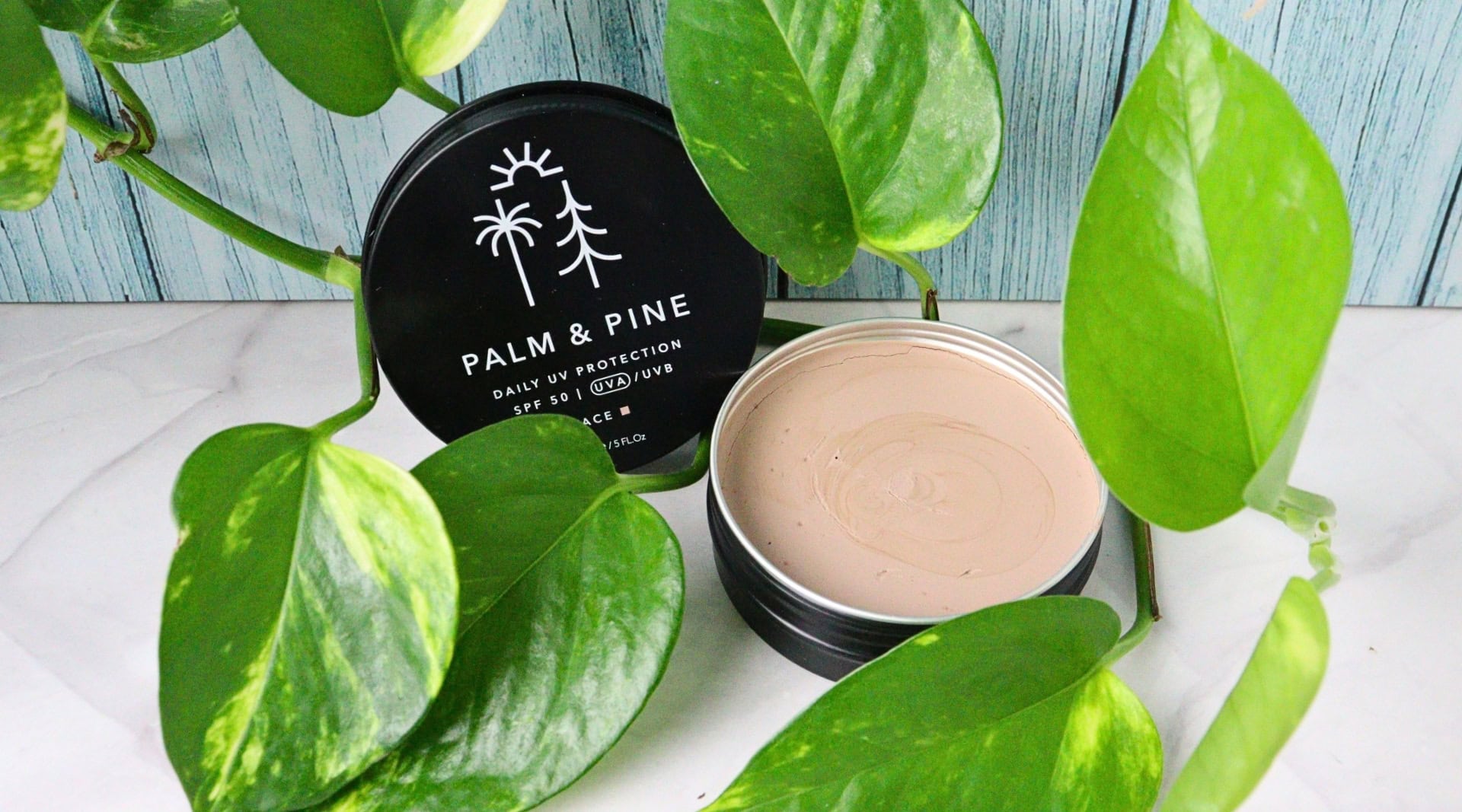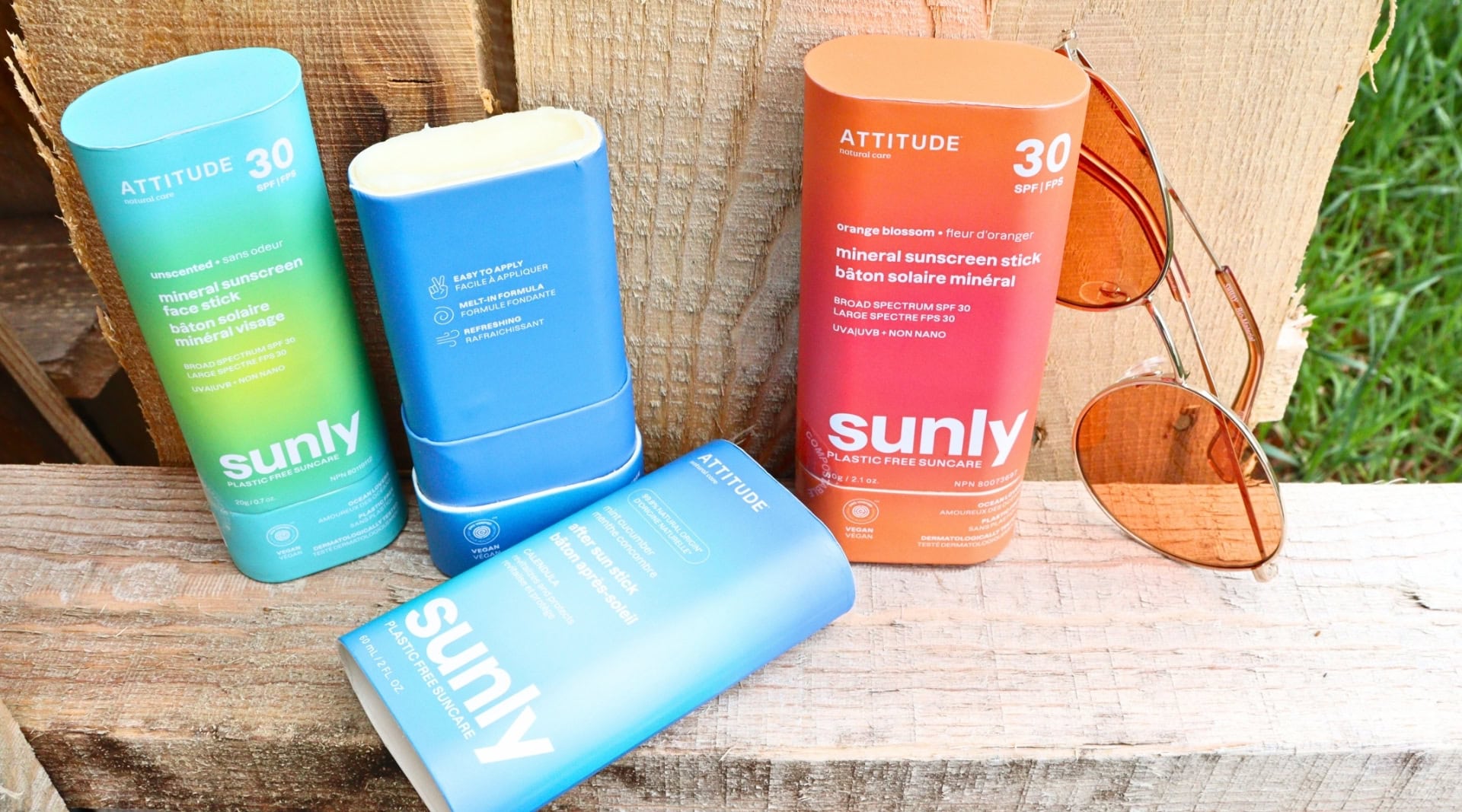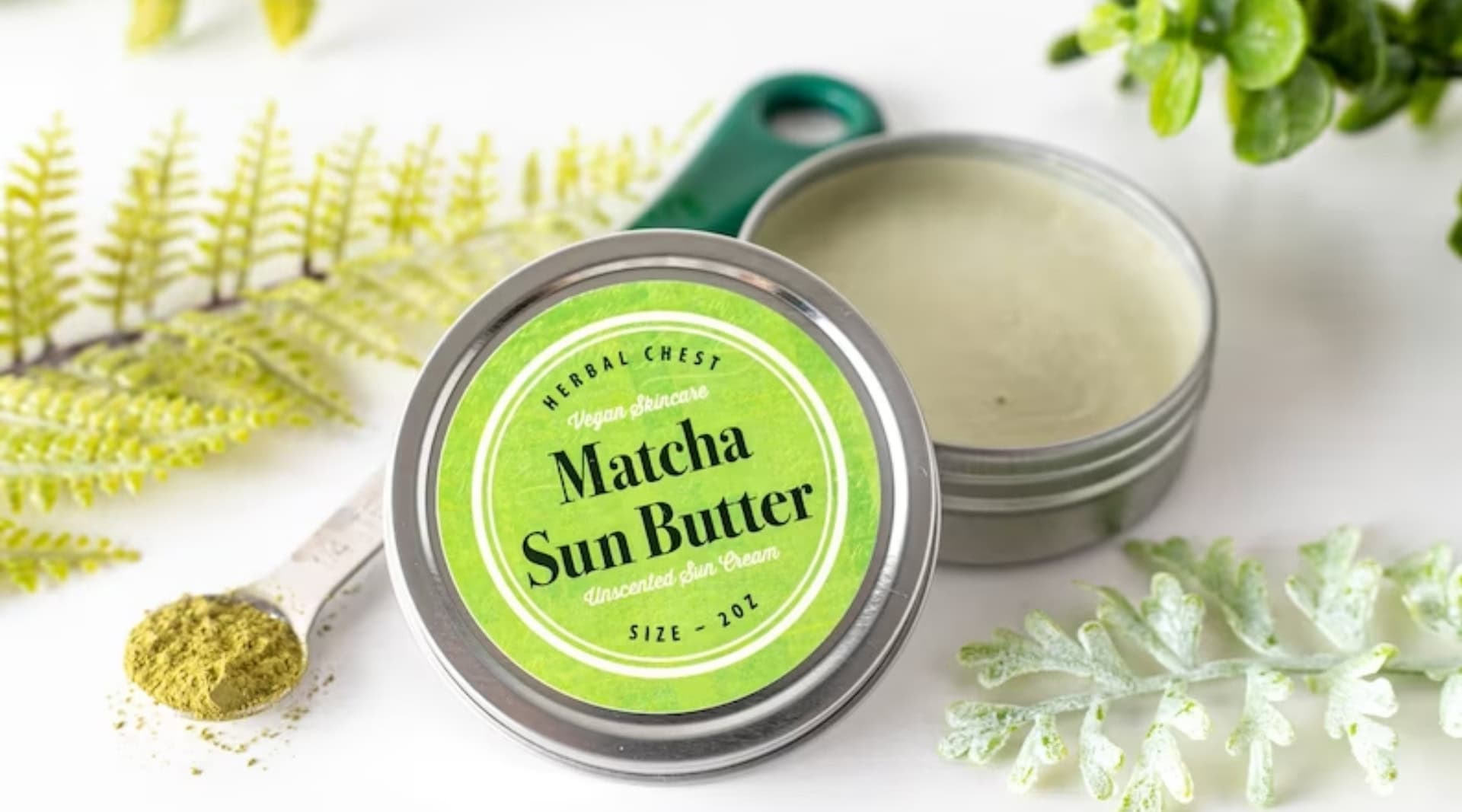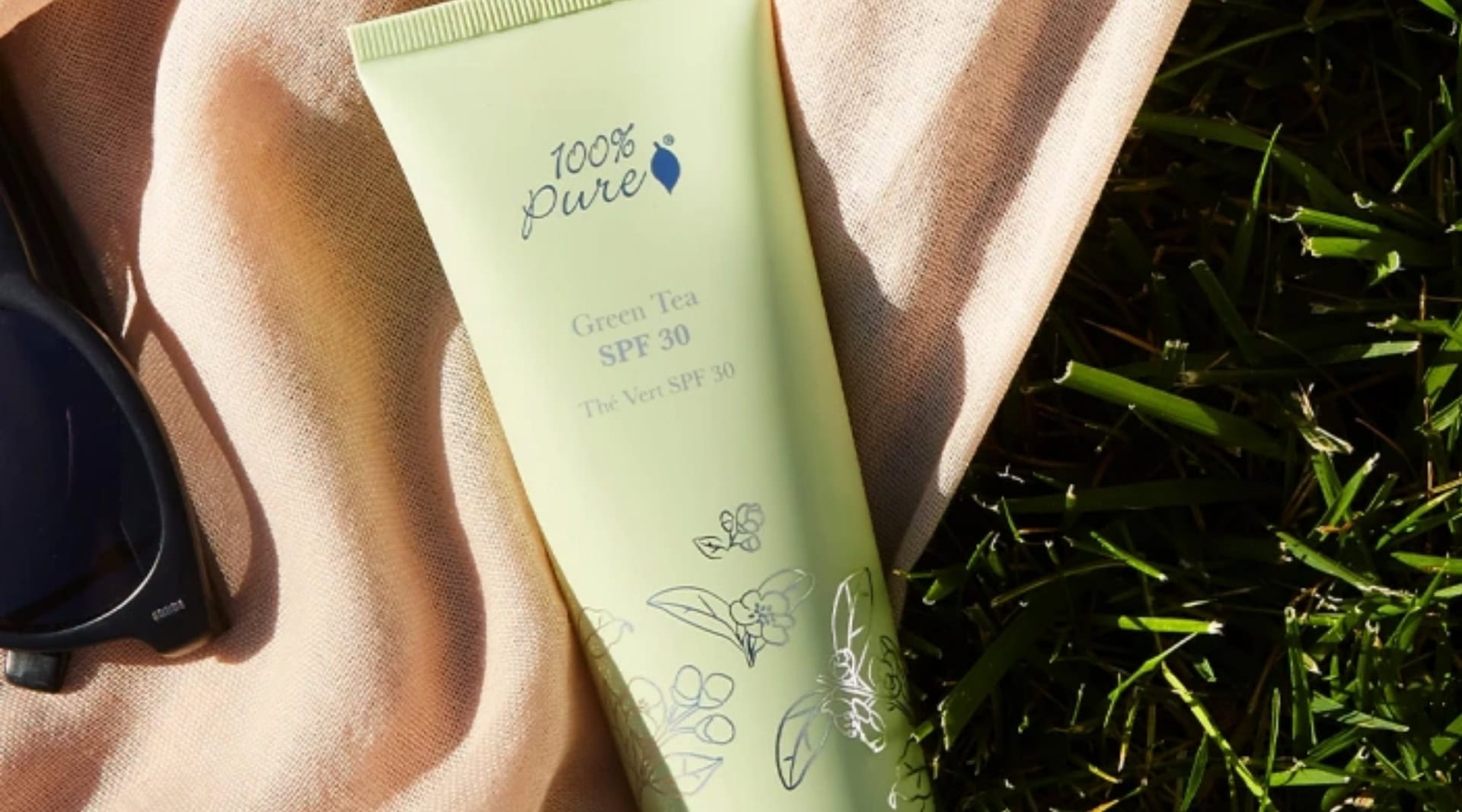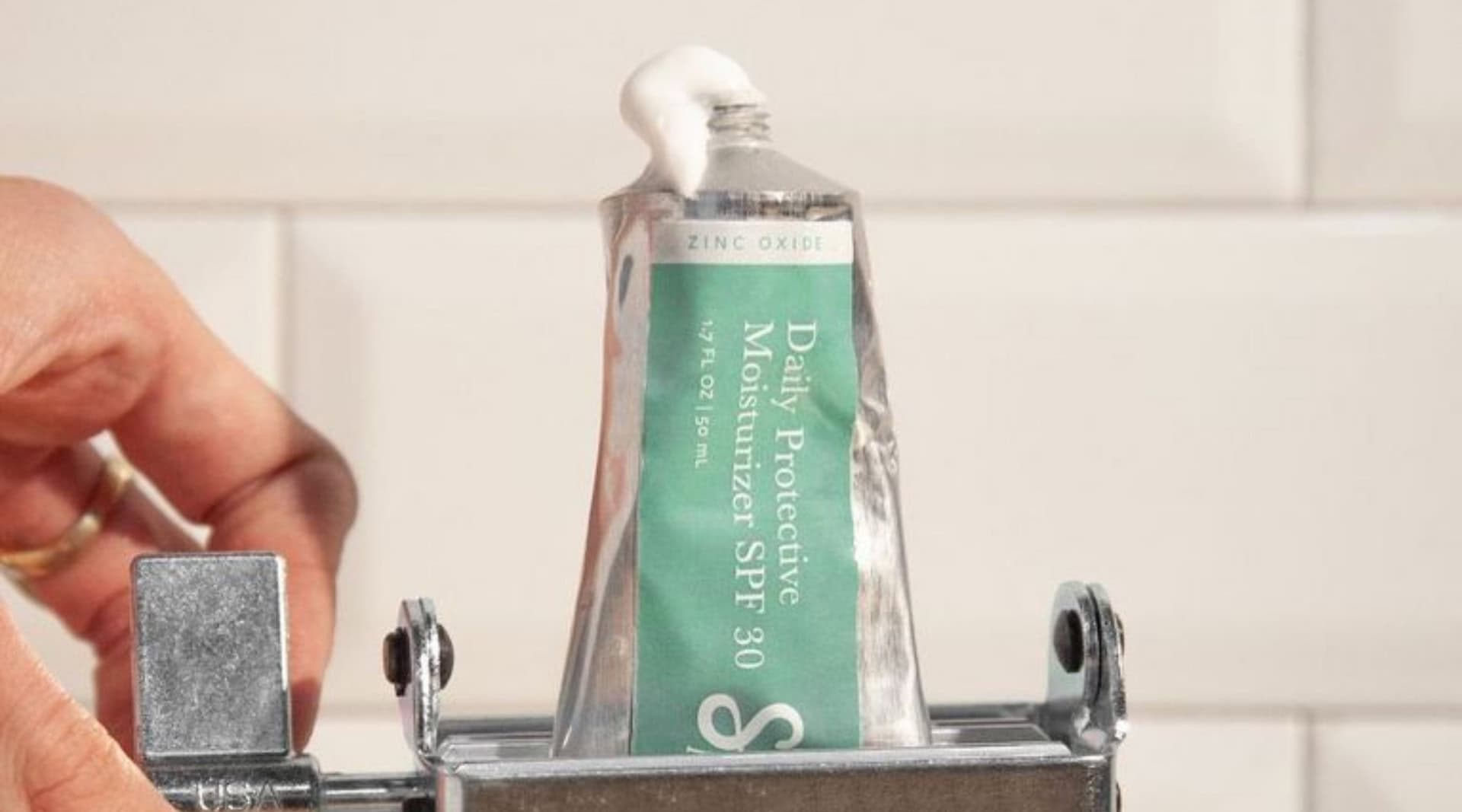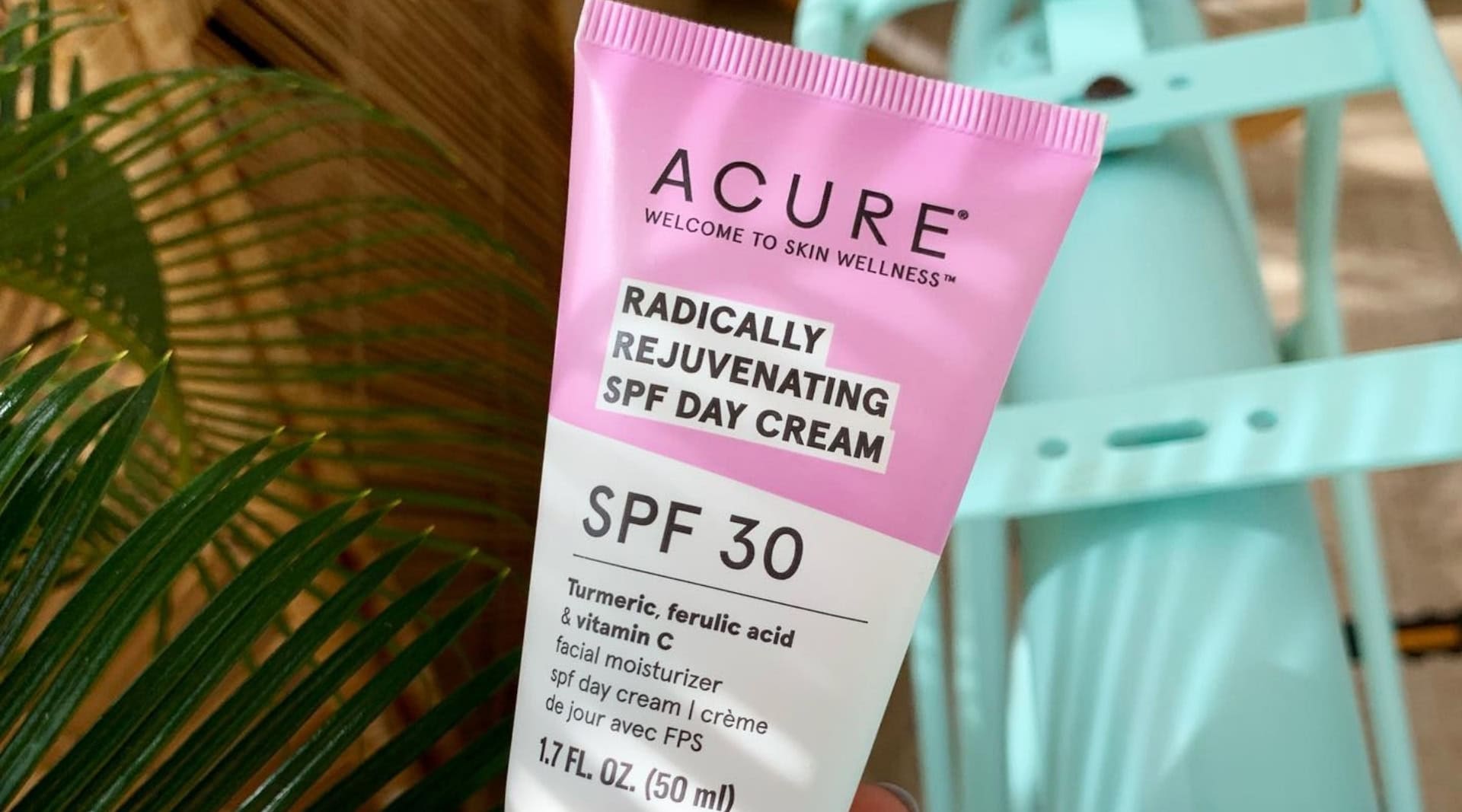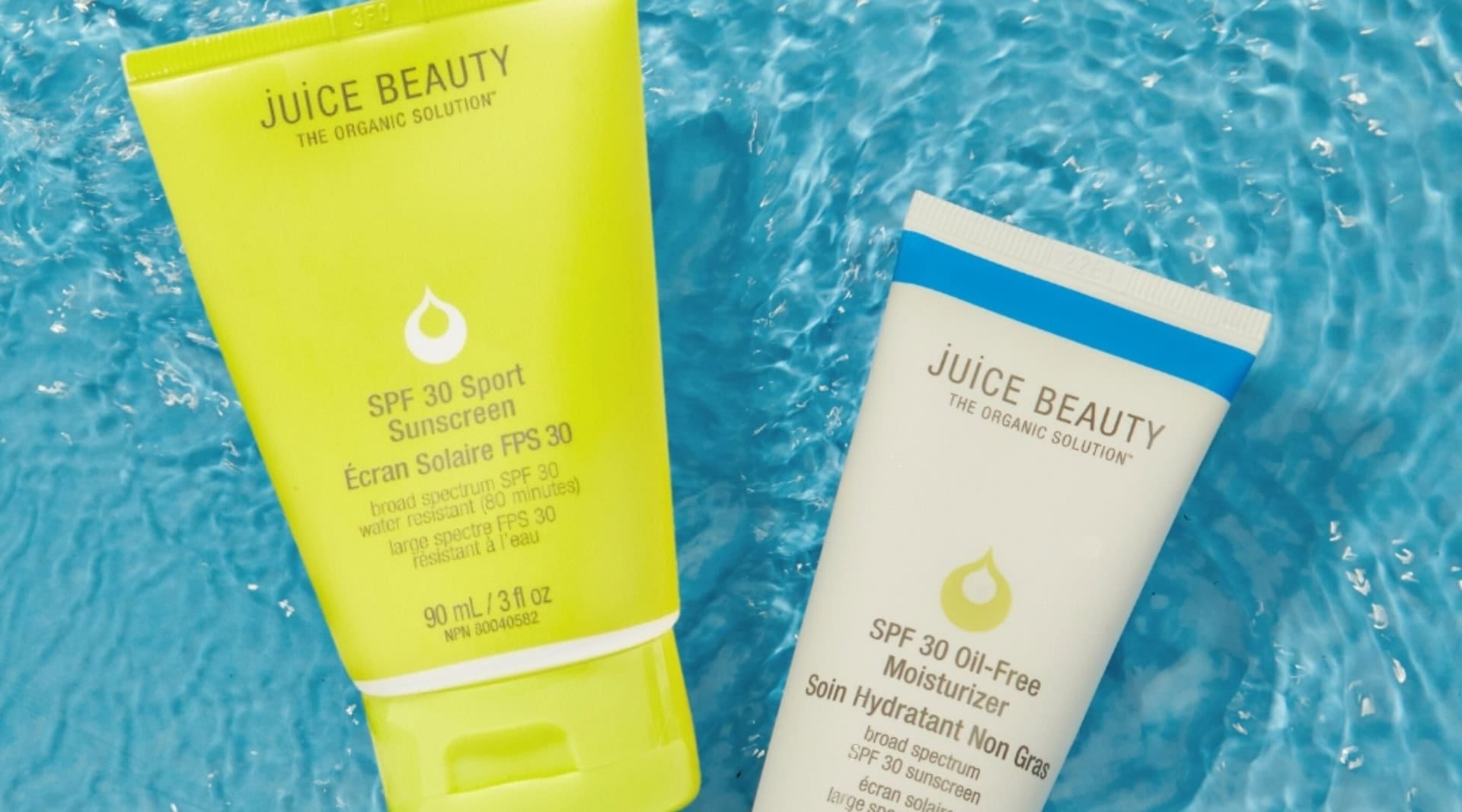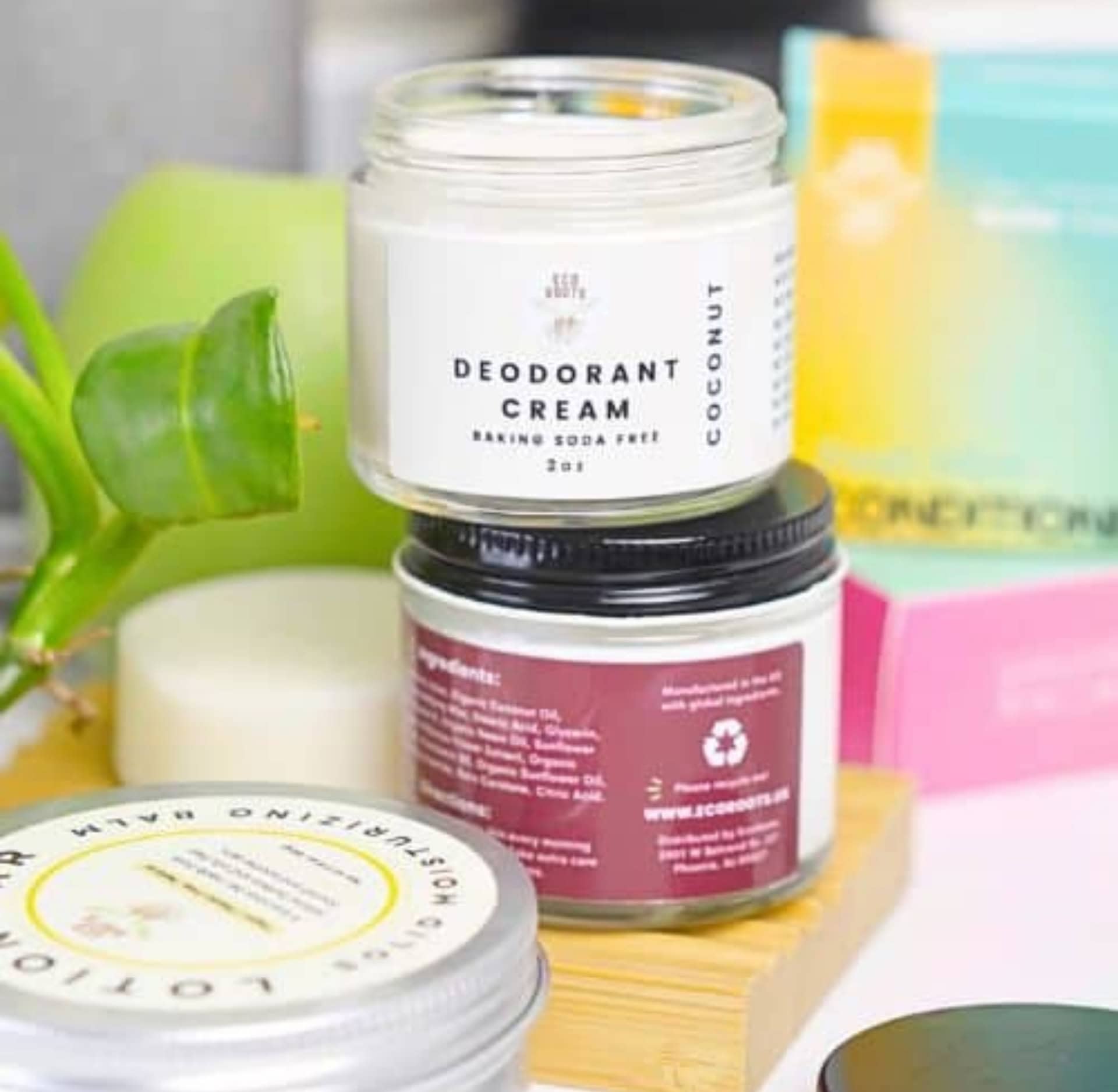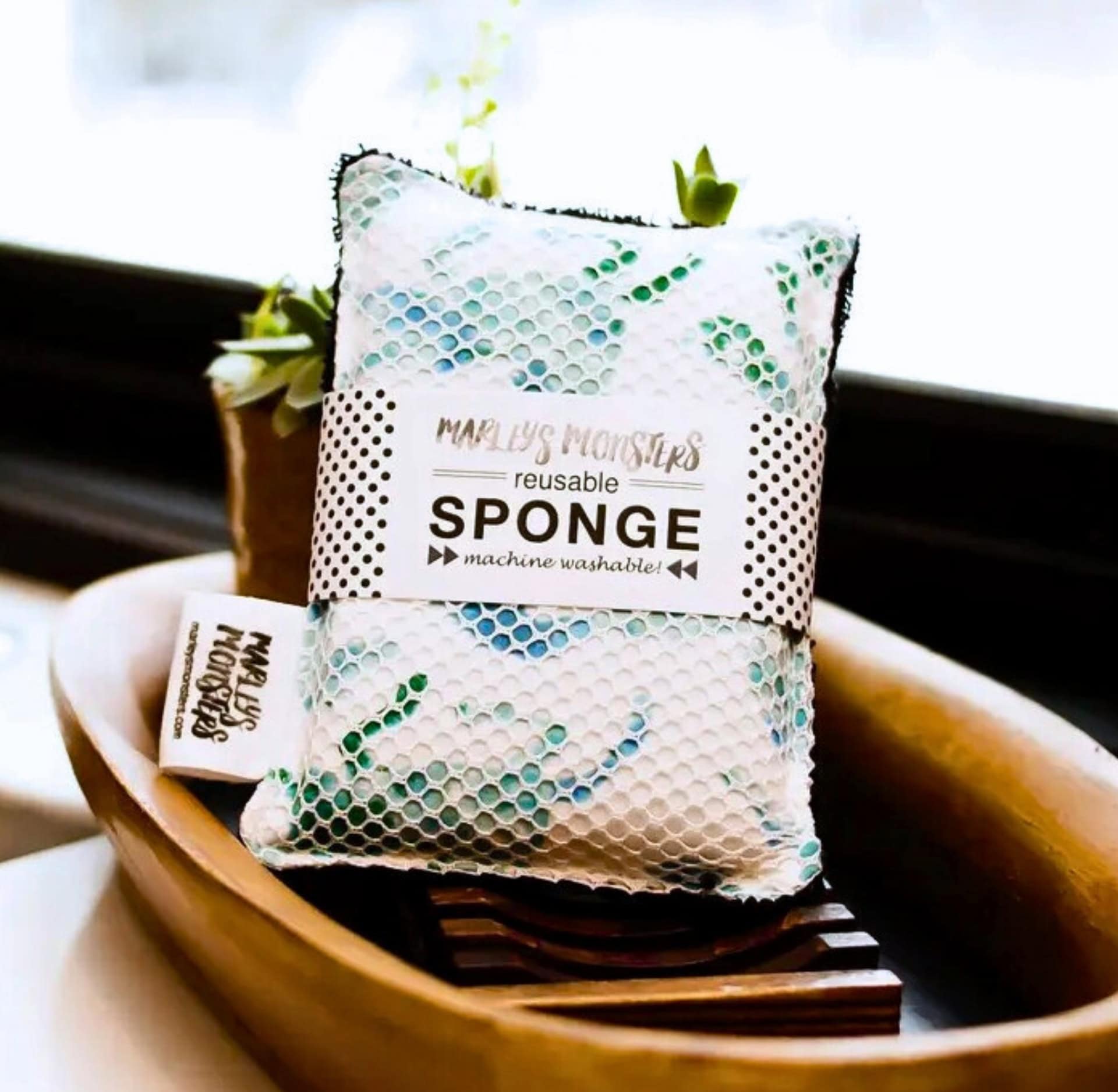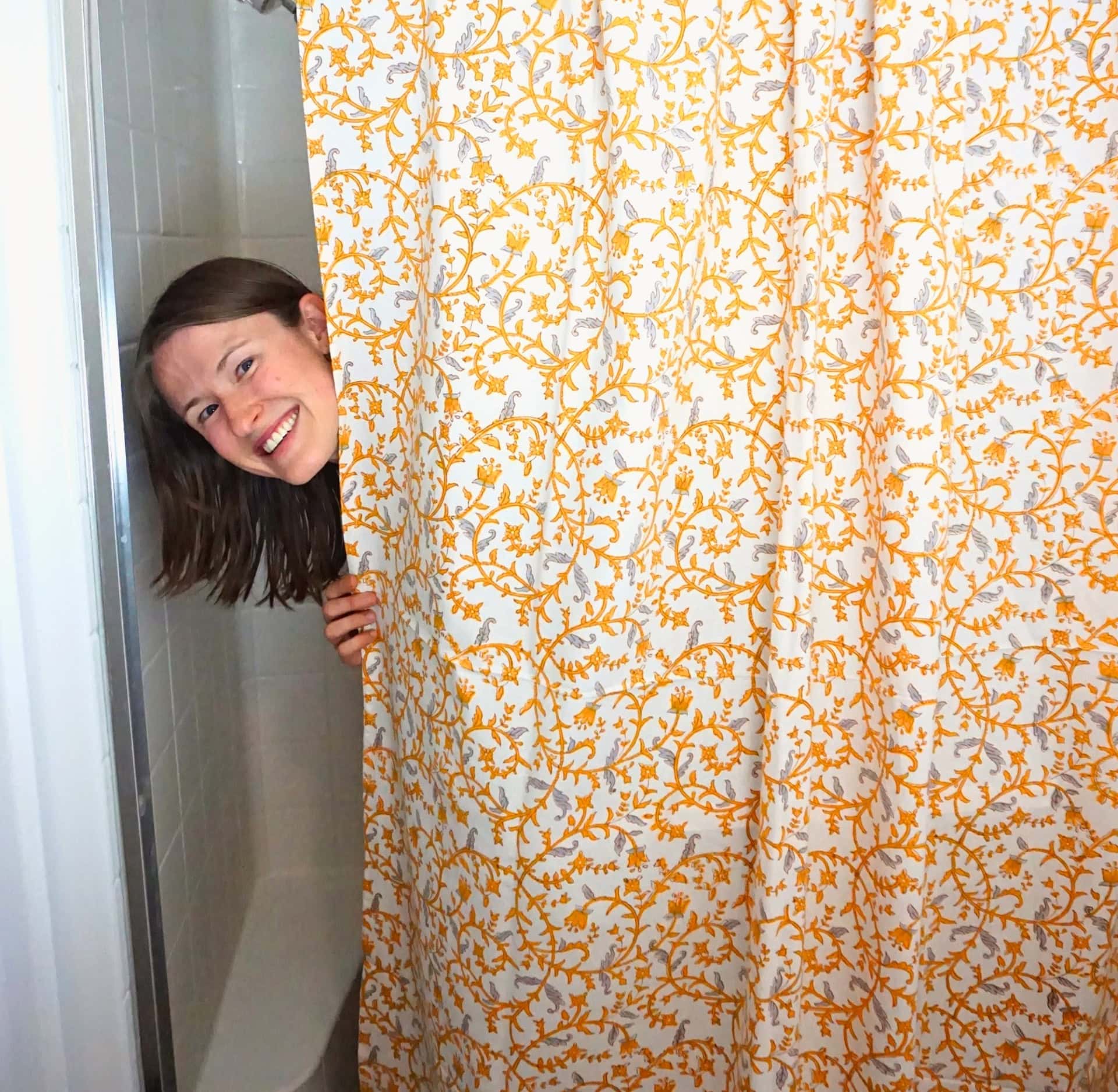While conventional sunscreen may protect our skin (sort of), the same can’t be said for animals or our planet—hence why we set out on a summer search for cruelty-free and vegan sunscreen.
These seven sunscreens prove that safe sun protection doesn’t have to come at a cost to sentient animal life.
It’s not just animal testing that these brands steer clear of. They create biodegradable formulas using non-toxic ingredients that are safer for marine life and the wider environment.
Most of these brands use reusable or recyclable packaging so there’s less waste ending up in landfills. We also looked for brands who take sustainability seriously and consider their broader impact.
We plan to extend our criteria further with our new Brand Rating System where we will rate brands on their sustainability achievements and progress. To learn more about this, take a look at our explainer here and keep a look out for rated brands that will start popping up in articles like these.
Now, keep reading to find out which sunscreens have got you and our furry friends better protected.
We independently research all featured brands and we ask them to confirm their claims. In many cases we personally review recommended products. This post contains affiliate links which means we may earn a commission if you buy something. Learn more here.
Top Picks: Cruelty-Free Sunscreen
Palm & Pine sunscreen is one that’s glued to the palm of our hands. The vegan, cruelty-free, reef-safe sunscreen checks all our boxes with its natural ingredients like non-nano zinc oxide.
ATTITUDE’s sunscreens include numerous sunscreen sticks, lotions, and creams to choose from, each of which is uniquely formulated to cater to specific skincare needs, like oily and sensitive skin. We found it really easy to apply and rub in with no annoying white cast or oily residue.
Herbal Chest makes sunscreen using all-natural, animal-free ingredients. All sunscreen is packaged in compostable tubes or reusable tins.
Index: Cruelty-Free AND Vegan Sunscreen Brands
- Palm & Pine Jump to brand
- ATTITUDE Jump to brand
- Herbal Chest Jump to brand
- 100% Pure Jump to brand
- Seed Phytonutrients Jump to brand
- Acure Jump to brand
- Juice Beauty Jump to brand
Palm & Pine
Palm & Pine’s Sunscreen
Palm & Pine has vegan, reef-safe sunscreen worth pining over.
They worked hard to find a manufacturer that could develop a solution to the issues of traditional mineral-based sunscreens: thick, greasy, and whitening.
That solution is now available in SPF 30 and SPF 50 formulas made from sustainably sourced, plant-based materials. We’re talking moisturizing shea butter, antioxidant echinacea, and antibacterial lemon balm.
Don’t let their name fool you; no palm oil or fragrances in sight!
About Palm & Pine
This couple-owned business had humble beginnings as a crowdfunded project.
Inspired by both the beach and mountains, their products are designed for premium daily UV protection. Suitable for lazing about on your beach towel, ski trips, and all seasons in between.
My Personal Review of Palm & Pine’s Natural SPF 50 Sunscreen:
“This pocket-sized tin is perfect for throwing in your bag, and it’s leak-proof, so you don’t have to worry about it making a mess. I tested this sunscreen, and it really does its job! The formula’s thick, so it sticks well to the skin, and the tint helps tone down the mineral content, leaving no white cast. There’s only one shade, though, so it might not perfectly match your skin (it’s a bit dark for mine, but I hardly notice it). Overall, it’s an ideal sunscreen for spending long hours outdoors.”
Review by Amber McDaniel, SJ’s Head of Content
ATTITUDE
ATTITUDE’s Sunscreen
ATTITUDE’s award-winning vegan sunscreen sticks are dermatologically tested, reef-safe, and easy to apply thanks to a biodegradable cardboard tube.
They have you covered (literally) with their sensitive skin sun routine duo. A non-nano zinc oxide mineral face and body sunscreen combo enriched with oat extract that helps soothe dry skin.
Their Tinted Mineral sunscreen stick is unscented and designed to blend into all skin tones.
Other SPF options include Baby & Kid mineral sunscreen and a mineral sunscreen all-rounder. Along with a number of other tubed sunscreen variations.
About ATTITUDE
All formulas are developed with the highest standards of quality and transparency, with natural ingredients that are clean, EWG Verified, PETA vegan, and cruelty-free.
Many of their products come in plastic-free packaging, though as their cardboard sunscreen sticks demonstrate, not all of them. Some are refillable, too.
My Personal Review of ATTITUDE’s Sunly Biodegradable Sunscreen Sticks:
“I really can’t stand greasy sunscreens, so ATTITUDE’s Sunly sticks are perfect for me. You can swipe it on with the stick, rub it in, and there’s no greasy residue or white cast left behind. It spreads easily, gives great coverage, and actually works. My skin’s very fair, so I reapply every couple of hours, and that does the job. Plus, it’s made with gentle ingredients, so it’s great for sensitive skin like mine.”
Review by Amber McDaniel, SJ’s Head of Content
Herbal Chest
Herbal Chest’s Sunblock
Herbal Chest’s sunscreen will help you get all your sunscreen problems off your chest. Their handmade Matcha or Chamomile Sun Butters are made with clean ingredients like shea butter, non-nano zinc oxide, and red raspberry seed oil, all of which have natural SPF.
Instead of beeswax for a little moisture resistance, they contain vegan candelilla wax. Their natural formulas are free from coconut oil, parabens, synthetic colors, fragrances, and chemicals.
About Herbal Chest
Herbal Chest is a treasure chest for all things holistic, natural, plant-based, cruelty-free, and eco-friendly. Herbal skin salves, botanical lip balms, and natural face serums are just a few of the treasures you’ll find.
The shop is owned by Tina, a maker, mom, wife, and herbalist who personally believes in the power of her products for the whole family (hers included). Everything comes in compostable tubes or reusable tins.
100% Pure
100% Pure’s Plant-Based Sunscreen
100% Pure keeps it 100% simple with their vegan face sunscreens. The dual-purpose Green Tea SPF 30 shields skin from harmful UV rays while simultaneously rehydrating it. Along with SPF-rich green tea, some other ingredients in this hydrating formula include cucumber, raspberry seed oil, and aloe juice.
The Yerba Mate Mist SPF 30 sunscreen spray is likewise the best sunscreen mist you’ll find, swapping out harmful aerosol chemicals for all-natural liquids.
Yerba mate tea leaf fortifies the skin with antioxidants to help protect it from environmental pollution.
These sunscreens are made with natural and organic ingredients but do appear to include palm oil derivatives.
About 100% Pure
This cruelty-free makeup brand is well-known in the natural beauty world, and it’s easy to see why. All of their natural ingredients are completely cruelty-free and stick to strict purity standards—no harsh or toxic ingredients.
Instead, products are dyed with natural pigments rather than artificial dyes.
Many of their products come in recycled plastic, glass, and tin, and are recyclable through their own recycling program. They’re shipped in recyclable/compostable materials, too.
For every purchase, they donate a bowl of vegan dog food to a dog shelter in China or plant a tree through their partner, Trees for the Future.
Seed Phytonutrients
Seed Phytonutrients Face Sunscreen
Seed Phytonutrients make some of the best vegan face sunscreens with their main ingredient…well… seed phytonutrients.
Coconut alkanes, aloe vera, and lavender leaf do a great job of keeping the skin moisturized while zinc and titanium oxides provide UV protection. Due to the light-colored minerals in the formula, it has slight visibility on darker skin tones.
A gluten-free, fragrance-free, and paraben-free sunscreen chock-full of anti-inflammatory botanicals, the daily SPF moisturizer is also one of the best sunscreens for acne-prone skin. It comes packaged in a recyclable aluminum tube with a plastic cap.
About Seed Phytonutrients
When it comes to sustainability, nothing is seedy about the family-run clean beauty brand. Their mission is to craft formulas that are more trusted than trendy, with minimal impact on the planet.
They offset their carbon footprint, use recyclable packaging, and partner with Pact Collective to recycle those difficult-to-recycle bits. They support their organic farmers by paying 100% of their crop upfront, regardless of the yield.
Acure
Acure’s SPF Day Creams
Acure’s Radically Rejuvenating Day Cream provides SPF30 sun protection while soothing skin.
Their reef-safe sun protection uses botanicals and antioxidants to support normal and sensitive skin. We’re talking turmeric, ferulic acid, and vitamin C.
The day cream is free of parabens, sulfates, mineral oil, petroleum, formaldehyde, and animal testing.
About Acure
The family-owned brand often sources organic and fair trade ingredients and recently launched a national recycling program for their plastic tubes with TerraCycle.
They are also verified cruelty-free by both Leaping Bunny and PETA.
Juice Beauty
Juice Beauty’s Sunscreen
Juice Beauty’s organic, vegan sunscreen is made with mineral broad-spectrum zinc and certified organic ingredients, which delays premature ageing.
Several different versions are available—from tinted mineral sunscreen moisturizer and lip moisturizer to sport sunscreen.
About Juice Beauty
More than 30 freshly squeezed (juiced, if you will) USDA-certified organic botanical ingredients go into all of Juice Beauty’s products. This means everything is rich in vitamins, phytonutrients, and antioxidants that help prevent the visible signs of ageing.
All products are Leaping Bunny and PETA certified as cruelty-free and American Vegetarian Association certified as vegan. They only sell in China online, which does NOT require animal testing.
They do use RSPO-certified palm oil and plastic containers (so try to recycle).
They also operate out of a solar-powered and sustainably furnished HQ and have 16+ year relationships donating to the Environmental Working Group (EWG) and Breast Cancer Prevention Partners (BCPP).
Why Choose Vegan & Cruelty-Free Sunscreens?
We believe in beauty without cruelty, sunscreen included. This simply means sunscreen is not tested on animals. We’re guessing that you’re fully across why this is important but if not, the act of testing beauty and personal care products on animals is immeasurably cruel and inhumane.
Likewise, animal products or by-products used in the beauty and personal care industry have typically not been obtained in a humane and kind way. Animals often end up mistreated or dying as a result (and this is putting it mildly).
Also worth noting that vegan does not automatically mean cruelty-free and vice versa, so it’s important to seek both vegan and cruelty-free sunscreen.
For more on this, have a read of our cruelty-free vs vegan explainer.
Other Considerations When Choosing Sunscreen
Environmental & Health Impacts
Non-vegan sunscreens typically also have a devastating impact on the environment and animal life in vulnerable eco -systems. Some of these impacts include:
Reef Bleaching
The U.S. National Park Service estimates 4,000 to 6,000 tons of sunscreen enter the ocean (specifically reefs) every year. That’s a lot of toxic ingredients. Not to mention the synthetic organic molecules which have been found in a variety of marine animals including fish, dolphins, and birds.
There’s also evidence that the common ingredient known as oxybenzone may cause endocrine disruption, and DNA damage, and exacerbate devastating coral bleaching. A truly ethical, vegan face sunscreen is one that doesn’t damage coral reefs—the most biologically diverse ecosystems in the world.
Nanoparticles
Besides oxybenzone, we need to be concerned with nanoparticles. Zinc oxide and titanium dioxide have been used for decades to reflect or absorb UV light. You can tell by that white shade that never seems to absorb into your skin.
Nowadays, these ingredients are manufactured on a “nano-scale”, which means they absorb and scatter visible light making them transparent. The jury is still out on what happens when these nanoparticles actually enter our bodies, but they are dangerous to ingest or inhale. While the likelihood of harm with nanoparticles is low, it’s safer to seek non-nano zinc oxide until further research is done.
Free Radicals
Research suggests that certain forms of titanium dioxide (anatase) may be associated with free radicals, ultimately increasing the risk of skin cancer and premature ageing. Free radicals are produced by both our bodies and UV radiation. One study found that several varieties of sunscreen increased the amount of free radicals found in the dermis.
Sunscreen Jargon
When we started researching vegan sunscreens we soon came across a bunch of jargon we didn’t fully understand.
Let’s learn the lingo together so we know what we’re buying.
UVA and UVB
The sun emits three types of ultraviolet (UV) radiation, UVA, UVB and UVC. Only UVA and UVB reach our skin since UVC is absorbed by the earth’s ozone layer.
Both UVA and UVB have different wavelengths, are not visible to the naked eye, and damage unprotected skin.
UVA is responsible for about 95% of the UV radiation that our skin is exposed to, and is the greater contributor to free radicals. You also can’t escape it, even on cloudy days or through glass. While you won’t necessarily feel this as it gives you a slow tan, don’t be fooled. It’s the leading cause of all types of skin cancer and wrinkles.
UVB is a powerful UV light responsible for sunburns, as it tends to damage the superficial epidermal layers. It’s also responsible for other skin abnormalities like discoloration. UVB is more present in sunnier conditions and is reflected by water, sand, and snow.
Broad Spectrum
Broad spectrum simply means that the product protects against both types of ultraviolet light that reaches our skin—UVA and UVB.
To avoid free radical generation, sunscreen with the best UVA protection is recommended, but you can’t go wrong with one rated to protect from both.
SPF
Most people are familiar with SPF or “sun protection factor”. It’s the measurement of how long a sunscreen or sunblock will protect your skin against ultraviolet light for.
High SPF means you can stay in the sun longer—but how long that exactly is depends on your skin’s natural proclivity to burn.
Plus, because the strength of UVA and UVB rays change throughout the day, it’s impossible to know how long an SPF will last for.
It’s also important to note that no SPF factor is 100% safe. A higher SPF is, of course, better but sunscreen should just be one of your sun safe strategies.

